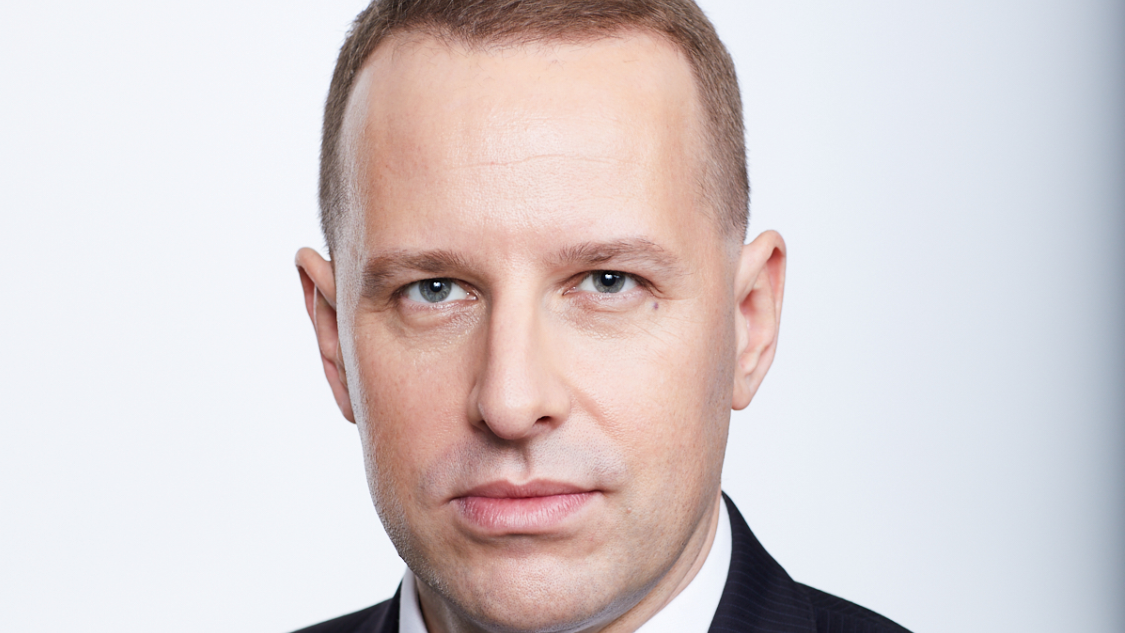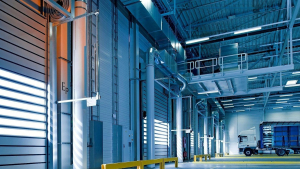
Investors are not in a hurry to buy assets yet, assuming those assets may become cheaper as holders are in trouble. Property Forum asked Kristóf Bárány, Founding Partner of fund management company Adventum Group about their preferences in Hungary and the broader region.
Economies suffer across the CEE region. Is this good news for investors to look for distressed assets in 2023?
We do not see many distressed assets, yet. So far recession – caused by redundancies and refinancing – is not observed either. However, the recession is very probable that most of the CEE economies are expected to endure as they are likely to slow down during 2023 due to the high interest rates and in general higher yielding macroeconomic environment mixed with various external shocks. Inflation in 2022 Q4 surprised greatly the upside, triggering a competition between local central banks to raise interest rates higher. Hungary raised the highest at 18% with the 1-day deposit facility at this unprecedented level. Therefore, it is fair to assume that the growth trajectory will slow down in the region especially in Hungary, although the monetary transmission takes time to kick in.
Nevertheless, to bring down inflation to normal, balanced levels it is essential for these economies, otherwise, the economy as a whole and the real assets sector will face financing difficulties going forward due to inflation spiralling upwards. I believe for investors with ample liquidity 2023 can be a great time to purchase higher-yielding assets, with covenant strength and robust cash flow priorities for any investment should yield and inflation fails to normalize quickly.
Global rating agencies are not happy with the performance of the Hungarian economy, thus indirectly lowering the prices of commercial properties. Do they have a false assessment, if not what can be the appropriate reaction from investors?
I would disagree with your characterisation. Despite an extremely challenging macroeconomic environment with the 1-day deposit rate at the National Bank of Hungary being at 18%, war taking place in a neighbouring country that is triggering external shocks and both government bonds and publicly traded equities losing 25% and, in some cases, close to 50% of their values in local currency terms, rating agencies have maintained Hungary’s credit rating at investment grade. And this is a crucial factor for the economy and commercial properties as well. The financial market’s reaction to these downgrades was mild, surprisingly the local currency even strengthened, and government bond yields even decreased on the secondary markets.
Commercial real estate was a surprisingly stable sector throughout 2022, despite all other asset classes suffering losses. This might be because in the mid-term commercial property should pass through inflation which would explain its resiliency in this market environment.
What is your focus in Hungary? The relatively stable office, the still promising logistics or the vulnerable hospitality sector not to mention some parts of retail?
In Hungary, retail is our clear focus. Both the KÖKI shopping centre and the TESCO anchored retail park portfolio with 14 properties in Hungary are resilient, recession-proof products. Their total leasable area exceeds 350,000 sqm with an occupancy rate of over 95%. So far, turnover and consumption figures have been much better than expected, however, some challenges are likely to occur in 2023 as inflation bites further into disposable income.
However, the budget segment of the FMCG sector might even benefit from consumers shifting to budget products from mid to high prices brands. Specifically, in the case of our portfolio, our rents are substantially below the market average, which is considered a clear competitive advantage in these locations. We do believe that the often overlooked food-anchored retail is the most attractive real estate sector in Hungary and the region at the moment, with high yield, robust cash flow, anti-cyclical attributes and strong inflation pass-through potential creating a very attractive low downside, high upside risk-reward profile for investors.

Kristóf Bárány
Founding Partner
Adventum International
Will you divest more assets in Hungary this year or instead you try to refurbish those that require it?
The Group does not plan to divest assets in Hungary this year however in line with our ESG strategy we are planning to transform all our assets into sustainable, energy-efficient properties with smart investments.
Adventum teamed up with EBRD last December. What assets are on your radar in CEE and SEE?
The Group have been focusing on green investments in the Core Central Eastern European markets (Poland, Czech Republic, Slovakia, Hungary, and Romania) for years and this has become a clear advantage as regulation catches up with the need for profitable ESG-focused investments. The last two acquisitions of our PENTA fund (Sky Tower in Wrocław, and the TESCO anchored retail park portfolio with 18 properties across Hungary and the Czech Republic) made quite a few headlines. Deals like these take time.
The Group has several deals in the pipeline, but closing is still some way off. Nevertheless, deal opportunities are actively looked at, and offers are continuously provided. Continuous deal-making is one of the cornerstones of Adventum’s investment strategy and we hope to close transactions in Poland, Hungary and Romania this year.
Financial experts say refinancing will prevail this year in the CRE market. How do you see the conditions changing?
Refinancing conditions are stricter now and yields are higher, this is not an ideal time to refinance. If yields and interest rates do not start to normalize, investors will face headwinds, not just in real estate, but in every business that has accumulated any kind of debt or outside financing. Also, the expected return for equity investors increases in this economic environment. Central banks must succeed in bringing back inflation to single-digit levels by the end of the year and in this case, interest rate expectations should also recede. 2023 will not necessarily make or break companies and investments, but the fate of many investments and businesses will likely depend on the length and severity of these financial pressures and management’s ability to adapt to these ever-changing conditions.
Kristóf Bárány
Being the Founding Partner of Adventum Investment Fund Management Ltd., Adventum International Ltd. and GRW Invest Ltd. Kristóf Bárány has gained 15+ years of experience in real estate at numerous fund managers, and his expertise in venture capital at Flashpoint Venture Capital, SmartWareTech and other VC Funds. He has outstanding structuring and financing expertise with exceptional acquisition, management and exit experience regarding the institutional real estate market in the CEE region. His attention is currently dedicated to Adventum Group.



